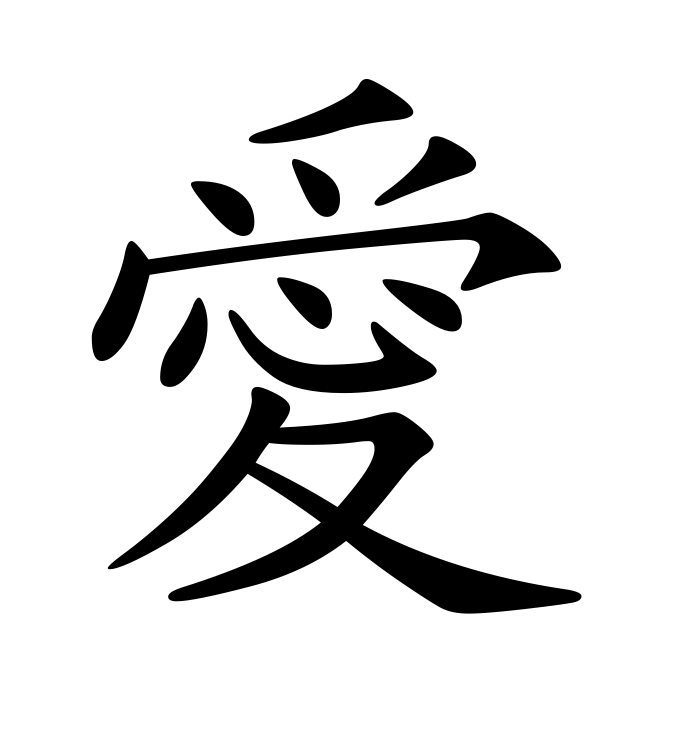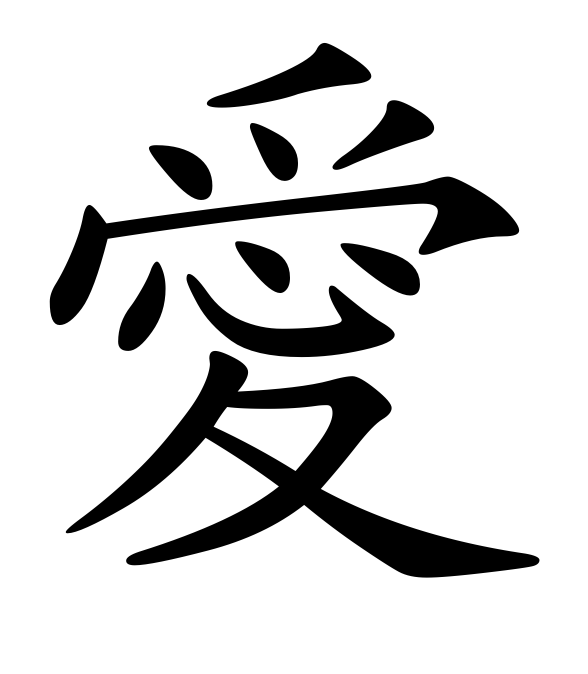Reasons
I’ve been doing intermittent fasting (16:8) everyday for 5 years now, main reason being that by doing so, one can achieve a lot of the benefits a prolonged fast (2+ days) can give you, without doing the actual prolonged fast itself.
So naturally, I thought I would like to do a prolonged fast at some point too, as intermittent fasting or supplements mimicking benefits of prolonged fasting like resveratrol, fucoidan, metformin, spermidine etc., cannot compare in result intensity with what a real prolonged fast can do.
I did several 1-day fasts in the past and two 2-day fasts as well and wanted to try an even longer one. I decided to go for a 5 day fast mainly because of these reasons:
- Autophagy (cellular cleanup): during a prolonged fast, our bodies recycle all sorts of cellular ‘junk’ which isn’t really touched in times of nutritional abundance, like misfolded proteins or dysfunctional mitochondria. These can cause all sorts of problems like inflammatory responses from our immune system etc.
- Sirtuin activation leading to DNA “repair”: Sirtuins regulate what a given cell is producing by switching the production of a given ‘thing’ on or off. They are basically little cellular molecular machines which physically turn genes in our cells on and off. The information theory of aging suggests, that as we grow older Sirtuins do not perform this function as well as they should and our bodies globally decline. A skin cell that is supposed to produce only skin cell proteins now maybe produces proteins that a bone cell should produce and vice versa. When our bodies are in ‘repair mode’ due to the lack of nutrients, Sirtuins are especially active.
- Stem cell activation, immune system reset: During a prolonged fast, the body also gets rid of dysfunctional immune cells, boosts immune stem cell production and replaces these cells with new well-functioning ones, effectively leading to an immune system reset.
- Reduced inflammation: due to ketosis (energy production from fat) and autophagy body inflammation is reduced
- Surge in human growth hormone levels (HGH): during the fast, HGH is overproduced up to 5 - 10 times more compared to our baseline values. HGH is a hormone which mobilizes our body’s resources to repair all kinds of tissues. While we fast, not much is going on in this regard, because we lack nutrients to do the repair, but after we reintroduce food into our system, adding supplements like protein isolate and collagen peptides, the lingering overproduced HGH then utilizes these to supercharge the repair process.
- To give my digestive system a break: just in general, as I will write later, giving the digestive system a chemical and physical break is a return to normalcy.









